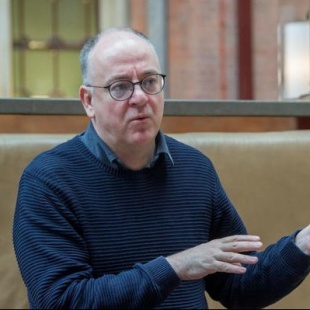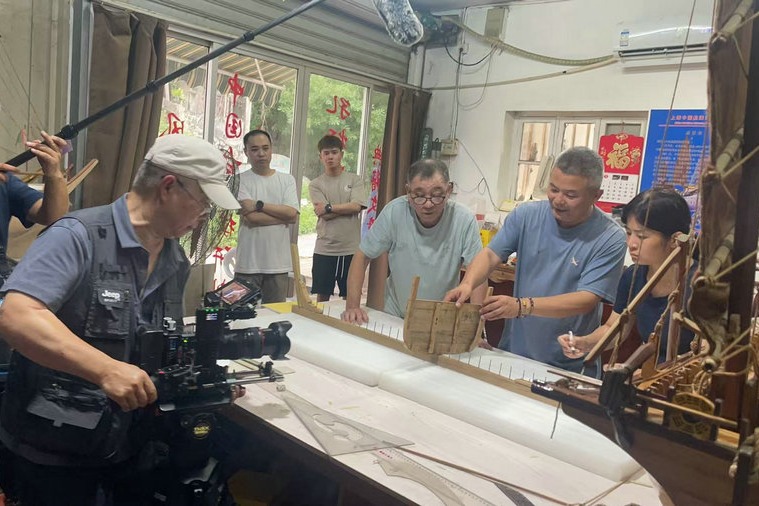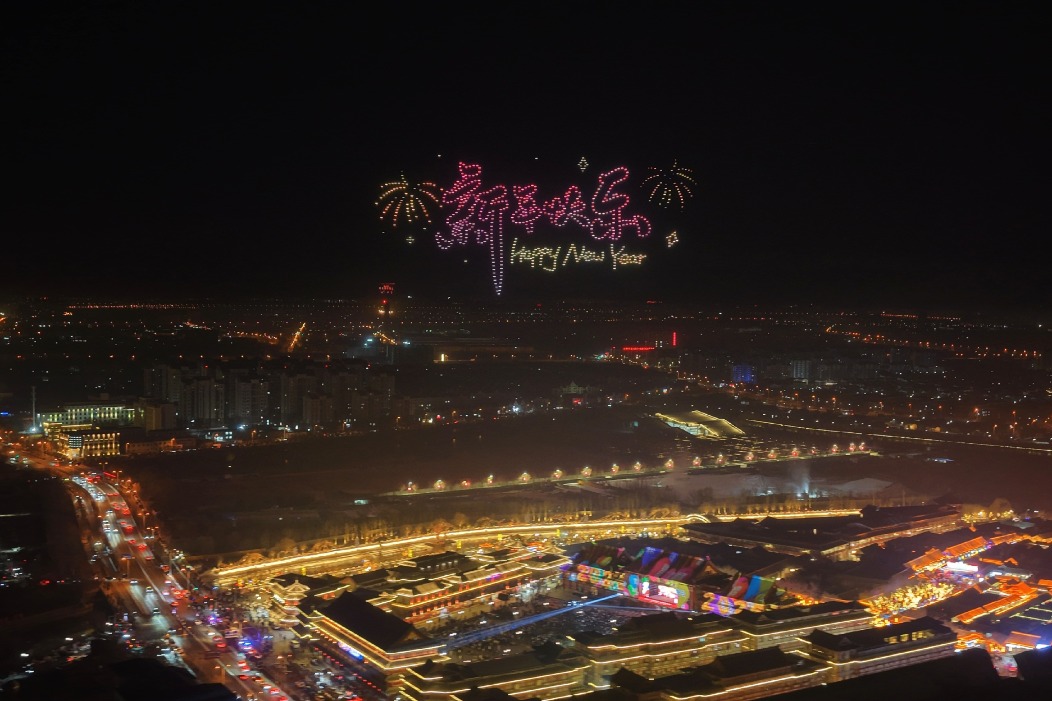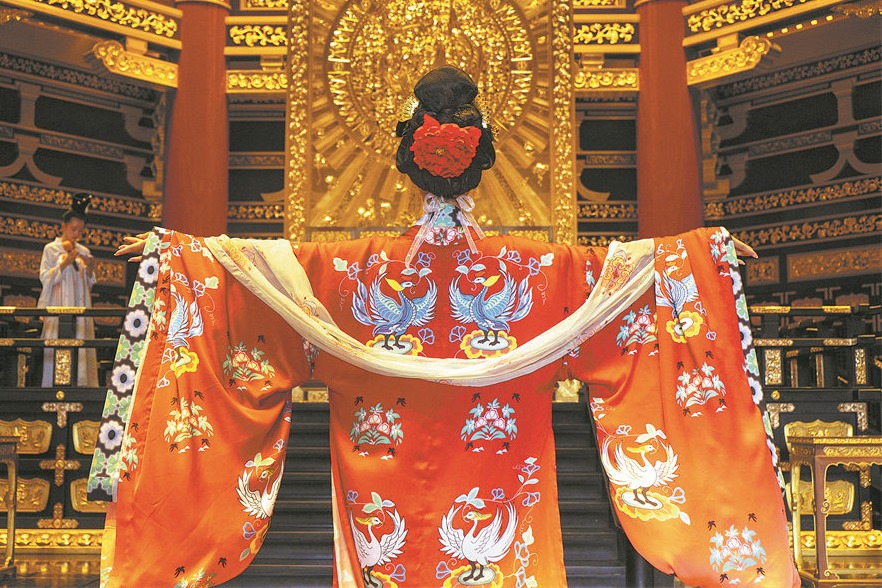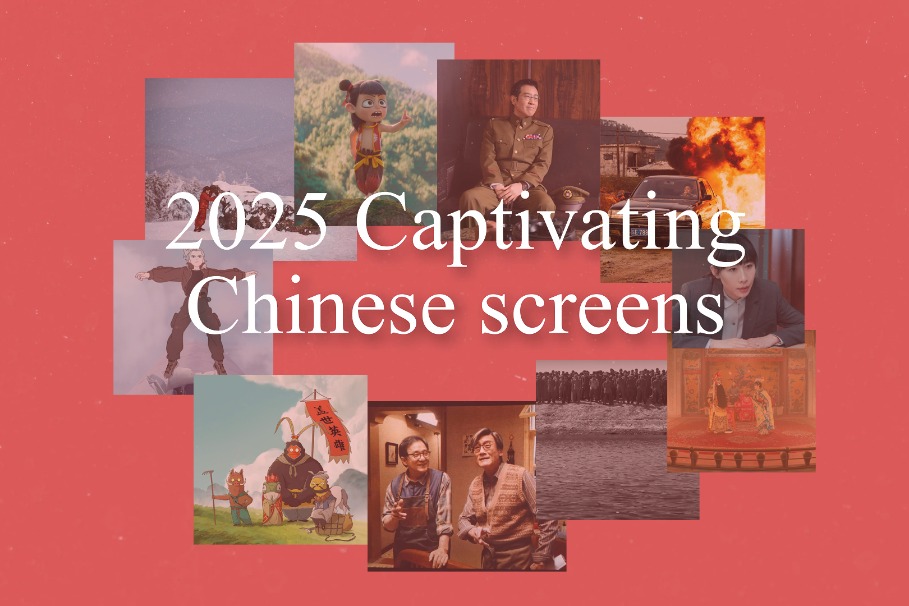Brown: China now a 'central force'


Kerry Brown believes China is now a global player in a way that it has never been before.
The 50-year-old academic, who is regarded as one of the most influential thinkers in the West about Chinese politics, says there has been a transformation over the past five years with the emphasis President Xi Jinping has given to foreign policy.
"China is now a central force. Its importance is no longer just about its economy. It has gone beyond that," he says.
Brown, director of the Lau Institute at King's College London, a leading China studies center in the United Kingdom, examines what sort of role China wants to carve out in the world in his latest book, China's World: What Does China Want?.
A prolific writer, the book is his 15th sole authored work in 12 years, but the first to focus directly on China's foreign policy.
"I noticed there were some very good books on specific aspects of Chinese foreign policy, the history of it and, in particular, bilateral relations such as China-Africa and China's relationship with the rest of Asia. But there was nothing that put it altogether that was accessible," he says.
Brown was speaking over coffee in the lobby of the Renaissance Hotel at London's St Pancras station, a key rail gateway to the continent.
The location was perhaps fitting since it was where the reception was held to celebrate the arrival of the first freight train from China to London-an event that symbolized the ambition of China's Belt and Road Initiative-in January 2017.
"I was talking to someone the other day who was working in Leicester (a city in the UK's East Midlands) and he said the Belt and Road had reached there now after they sent a delegation to China. Certainly people are starting to think how to engage with this," he says.
Brown, who is also a leading commentator on China for newspapers including The Guardian and The New York Times and also for media outlets like CNN, the BBC and Al-Jazeera, says China's foreign policy matters because it is now one of the world's only "truly global countries".
"China has reached a point where its domestic politics are very intimately linked to its international politics now. Never before have you had to make that connection, but now what happens in China is global, just like it is with America," he says.
"They are the only two truly global countries because their domestic policies provide a kind of map to the rest of the world. Most other countries are a bit more marginal."
Brown, who is also chief editor of the Dictionary of Chinese Biography, published by Berkshire Publishing in the United States, had an unconventional route into academia and becoming an authority on China.
He studied English literature at Cambridge University and only made his first visit to China in 1991 while he was working as a secondary school teacher in Japan.
This sparked an interest in the country and Brown returned to the UK to do a one-year postgraduate diploma in Mandarin at Thames Valley University in London.
After that, he lectured in English for two years in the Inner Mongolia autonomous region and became a business manager for a UK company trading in China.
This translated into a diplomatic career when he became head of the China section at the UK Foreign and Commonwealth Office in London before being sent out to be first secretary at the British embassy in Beijing in 2000.
After returning to London, he became head of the Asia program at Chatham House, Europe's largest foreign policy think tank, in 2005, where he cemented a reputation as a leading thinker on this part of the world.
Following his success there he was recruited to become director of the China Studies Centre at Sydney University, which has a major international reputation for research on China.
In late 2015, Brown returned to the UK to work as the director of the Lau Institute at King's College London.
"London is a major financial center and also the center of the UK government, so we are particularly focused on policy. Our research is in such areas as the environment, governance in China, the political economy and investment," he says.
In China's World: What Does China Want? Brown puts China's relationship with the rest of the world into zones. Zone one is with the United States, which he describes as the "ultimate love-hate relationship". Zone two is with the rest of Asia, zone three the European Union and zone four the rest of the world, including Africa and the Middle East.
"China is a newly emerging country that is looking for a role in the world and these are the sort of zones it is operating in."
A recent book by the US political scientist Graham Allison, Destined for War, argued that the US-China relationship was caught in the Thucydides Trap, the classic point where one power is about to challenge and take over from another. The last time this led to conflict was a century ago when imperial Germany challenged the British, resulting in World War I.
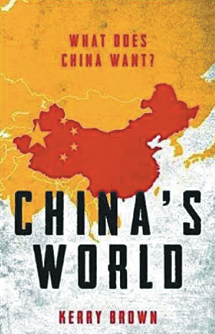
"The Chinese have looked at all these power transitions. There have been 12 major global power transitions in history-five were relatively peaceful, but seven were not," says Brown.
The academic does not believe Thucydides properly characterizes the current situation.
"There's a spectrum. At one end there is China as a threat, which I think is a caricature of Chinese power, and at the other end there is China as a sort of pussycat that is going to love everyone. And then there is space in the middle, which is where the reality lies."
Brown says, however, that Xi Jinping has reshaped Chinese foreign policy over the past five years, with major initiatives such as the Belt and Road and high-profile international engagement, which has seen him visit more than 50 countries.
"In the 2000s, the Americans and others all said that China should be more of a stakeholder," he says.
"Since 2012, Xi Jinping has made this specific demand that there needs to a proactive emphasis on foreign policy, and that is what has happened. China has been much more vociferous because it feels as the world's second-largest economy it should be. You can't hide an elephant. It is just too big."
Brown says China's new high profile is becoming evident around the world.
"In all the 20 countries I visited last year the most common thing that I saw was the Huawei (Chinese telecoms giant) logo. I saw it at Rome airport going into the city and in Brazil, Canada, Greece and the Philippines. It is another way in which China is becoming much more visible than ever before," he says.
Brown is set to publish two further books this year, The World According to Xi: Everything You Need to Know About the New China and China's Dreaming, which will look at the culture of the Communist Party of China.
Brown believes Xi Jinping Thought on Socialism with Chinese Characteristics for a New Era, which was enshrined in the country's Constitution at a meeting of the National People's Congress on March 11, is a very real and important concept.
"It is a vision of historic progress. It is not abstract, it is not fanciful, it is real. People can feel it and see it in not just the economy but also in China's status in the world," he says.
Contact the writer at andrewmoody@chinadaily.com.cn


